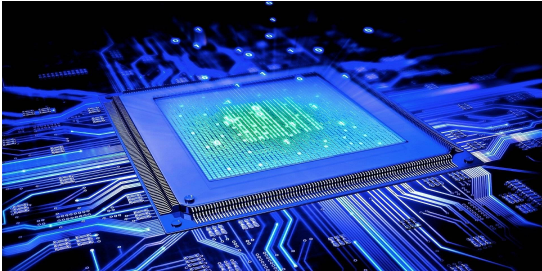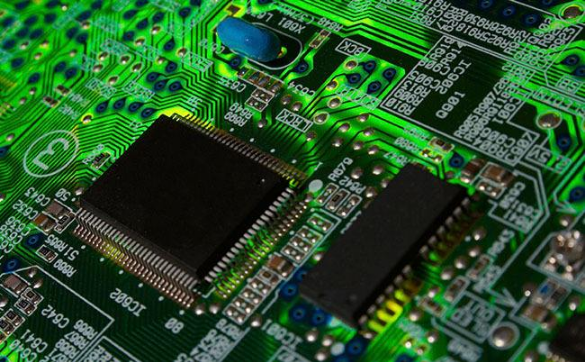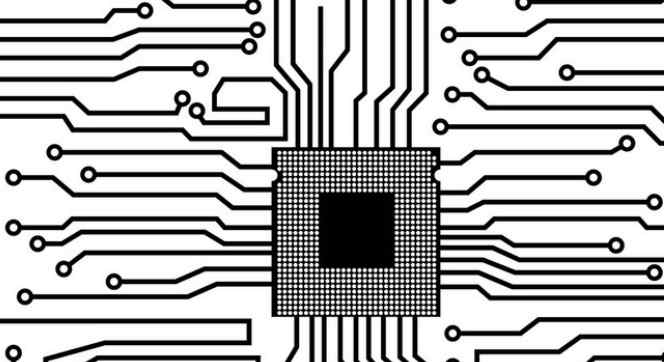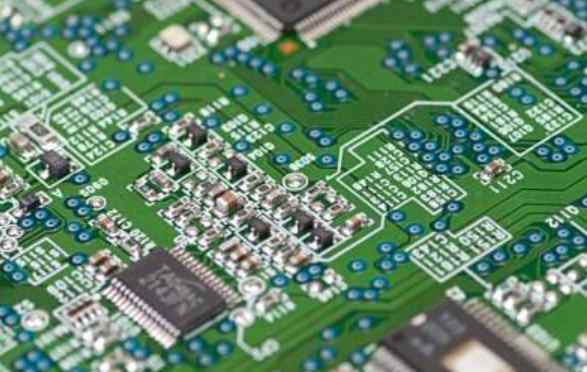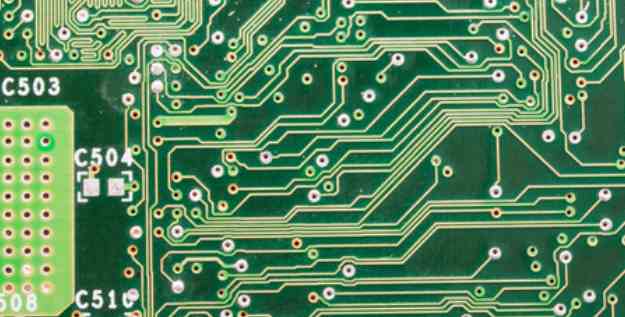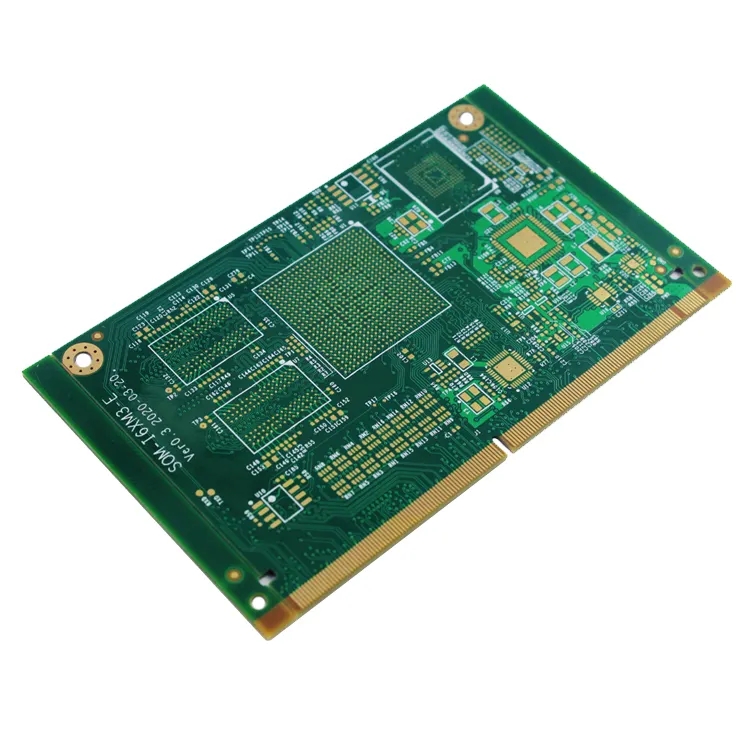
The circuit board manufacturer teaches you about photo plotters
People who have heard of pcb circuit boards know that circuit board factories have to go through a lot of processes during production. The following is a process of circuit board production, an introduction to photo plotters. Interested friends can have a look.
First of all, I want to explain to you what is a photo printer, what its role is, what its role is in the process of circuit board manufacturers, and what our Circuit board manufacturers think about photo printers?
Photo resolution refers to the number of points that can be discharged in one inch, in PDI; Optical density refers to the amount of silver particles reduced in the emulsion film, that is, the light blocking capacity, unit: "D", formula: D=lg (incident light energy/transmitted light energy); Contrast coefficient: The contrast coefficient refers to the degree of optical density change of the negative film after being exposed to light of different intensities and processed according to the standard processing technology!
What are the components and functions of the photo film produced by the Circuit board factory?
It can prevent scratches and protect the silver salt emulsion layer from being damaged!
2. Drug film (silver salt emulsion layer
In the image layer, the main components of the emulsion are silver salt photosensitive substances such as silver bromide, silver chloride, silver iodide, gelatin and pigment. Under the action of light, the silver salt can be restored to the silver core center. However, silver salt is insoluble in water, so gelatin is used to make it suspended and coated on the tablet base. The pigment in the emulsion plays a sensitization role.

3. Bonding layer
Promote the emulsion layer to adhere to the sheet substrate Namely, in order to improve the adhesion between the emulsion and the substrate, the aqueous solution of gelatin and chrome alum is used as the bonding layer to make it firmly bonded.
4. Polyester base course
The carrier film base and negative film base are generally nitrocellulose, acetate fiber or polyester film base. The first two kinds of chip bases have large scalability, and the polyester chip base has stable size. The polyester base is also an insulating layer material of our circuit board factory.
5. Anti halo/static layer
Anti halo and static electricity. Under normal circumstances, the bottom surface of the photographic film base will reflect light, making the emulsion layer photosensitive again to produce halo. To prevent halo, an aqueous solution of gelatin and basic fuchsin is applied on the back of the substrate to absorb light. It is called anti halo layer.
In the opinion of the circuit board manufacturer, what is the effect evaluation of photo negative?
Optical density of negative film
It can be detected by optical density meter, and the light blocking area is generally greater than 4.0D; The light transmission area shall be less than 0.15D.
2. Contrast
It is necessary to select a negative with a large contrast coefficient to produce a working negative with good contrast, otherwise the optical density will be difficult to achieve. Even if you prolong the development time to make the optical density meet the requirements, it will bring you more fog.
3. Line edge gradient
That is to say, whether the black and white are clear and whether the line edge is sharp!
4. Whether there is sand hole
Some negative films are easy to produce sand holes if the light intensity is not adjusted well.
Our circuit board manufacturers strictly follow the procedures, and any machine or production process is strictly controlled. Have you understood the above introduction about the photo printer of our circuit board factory? PCB manufacturers, PCB designers and PCBA processors will explain the knowledge and use of photo plotters.


